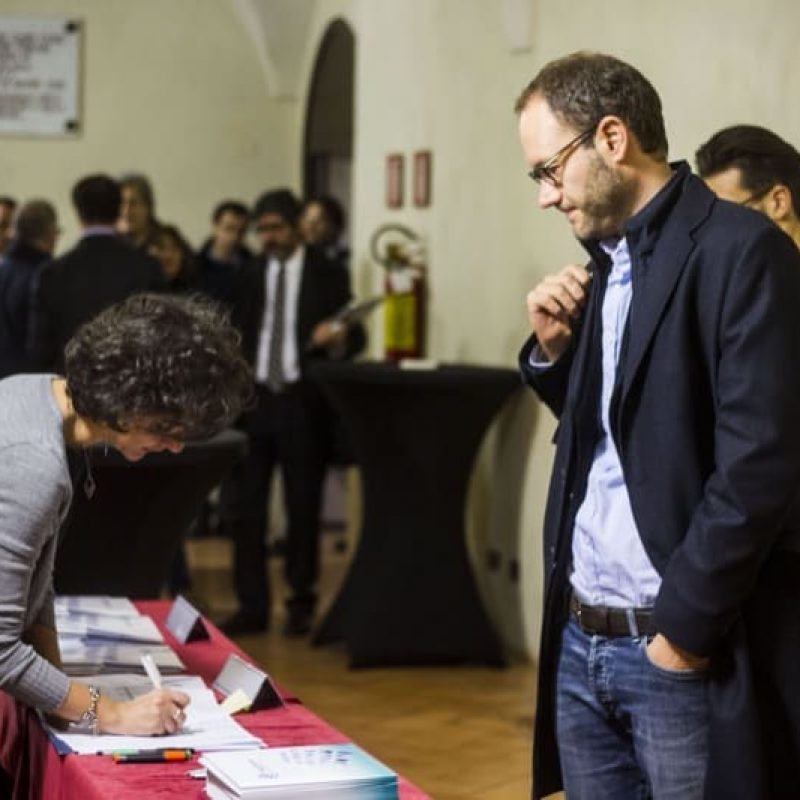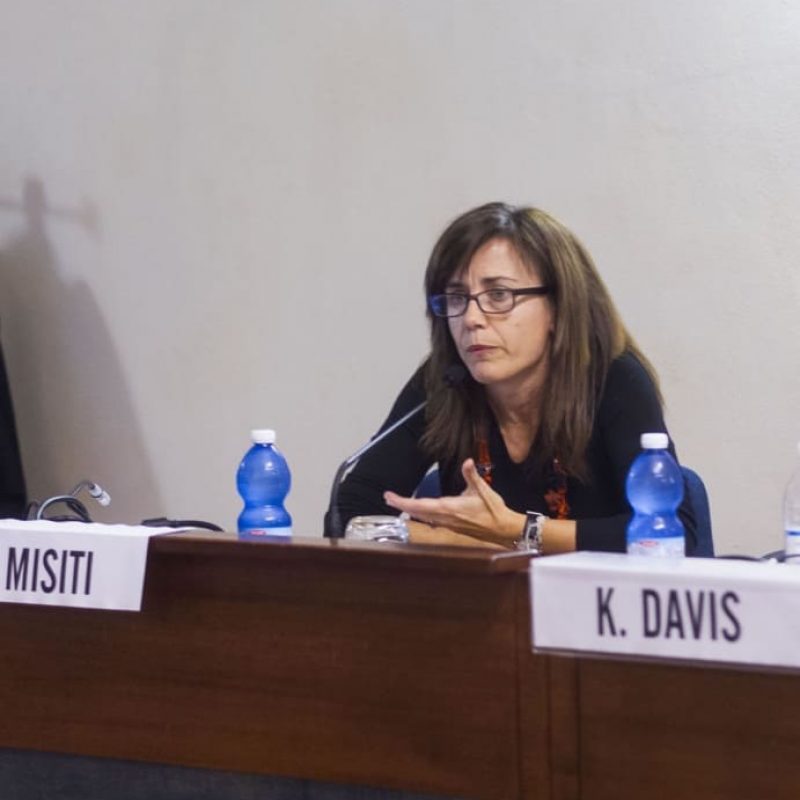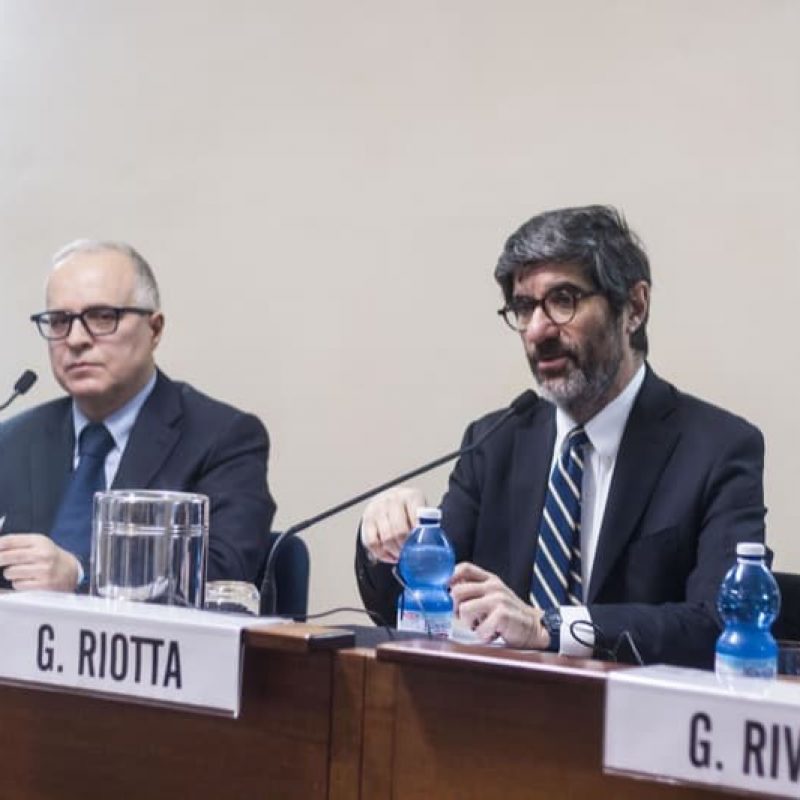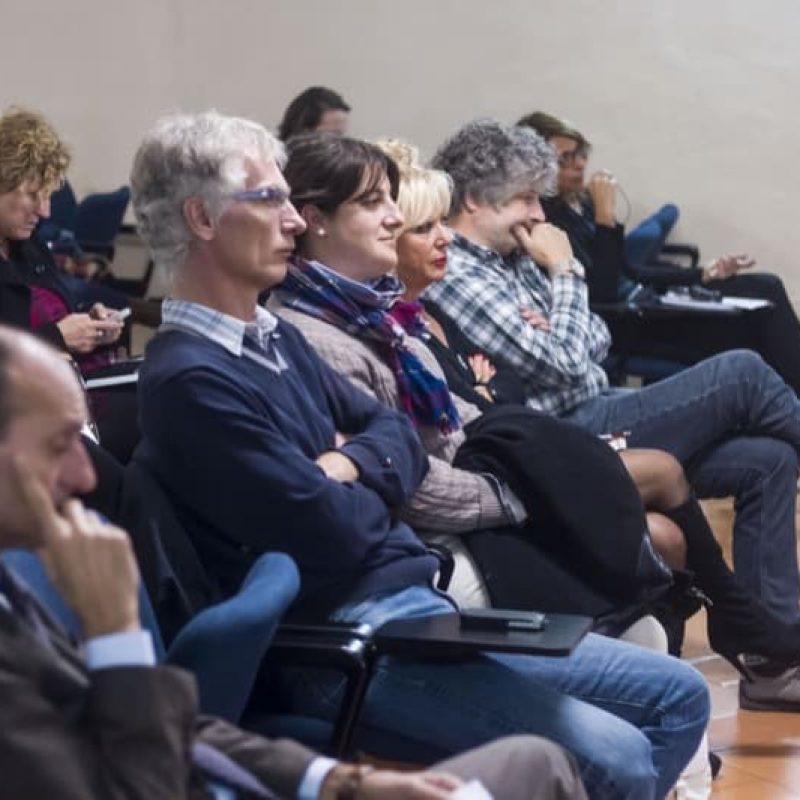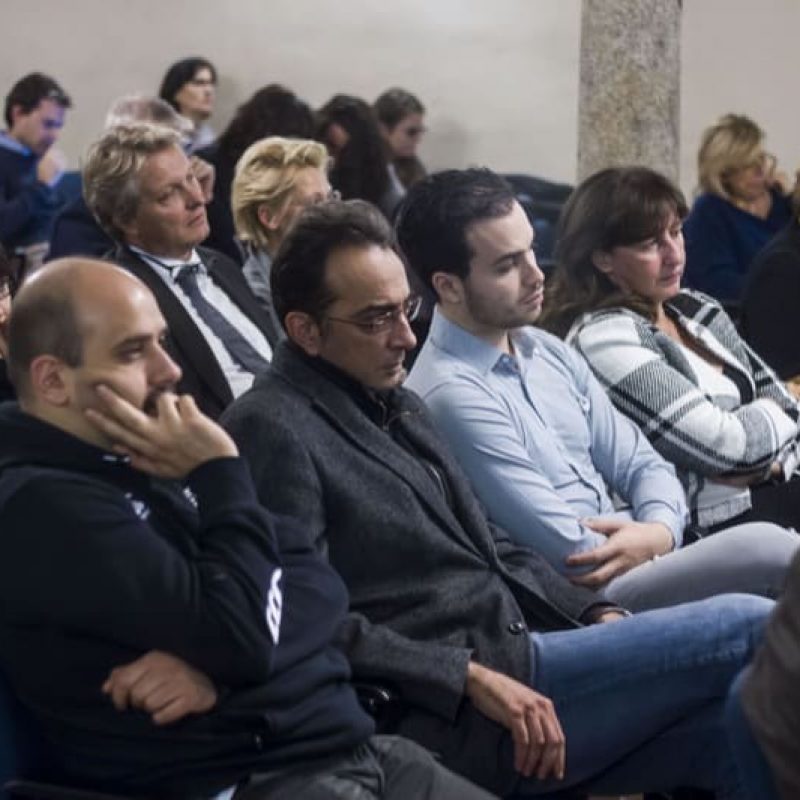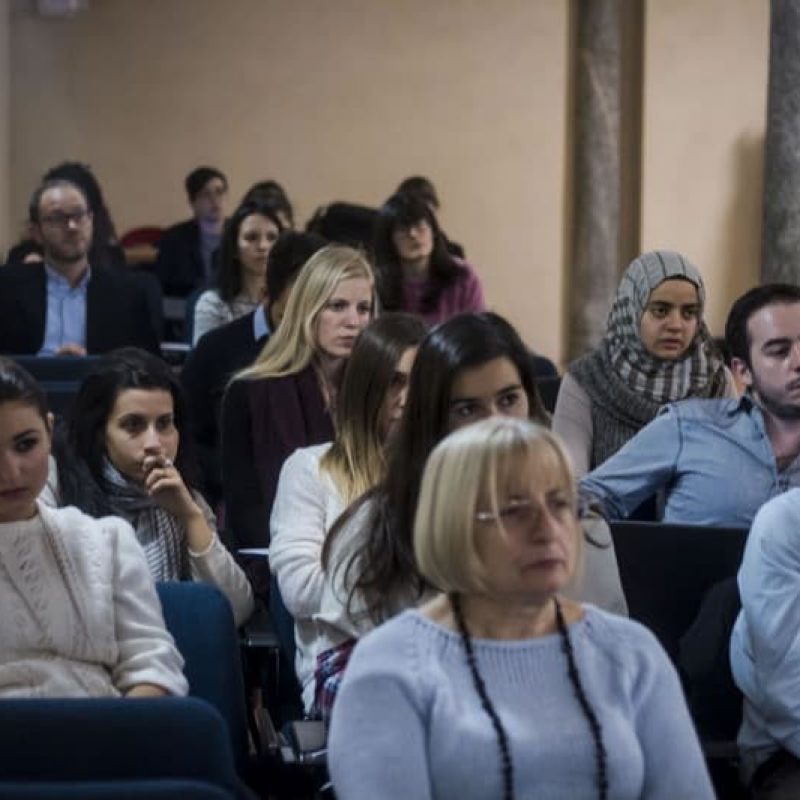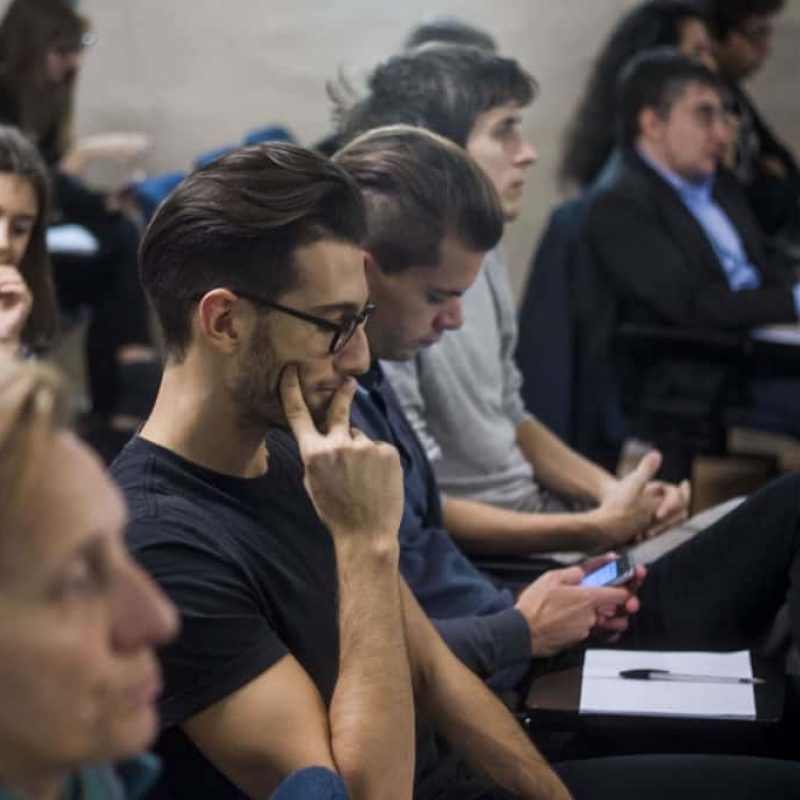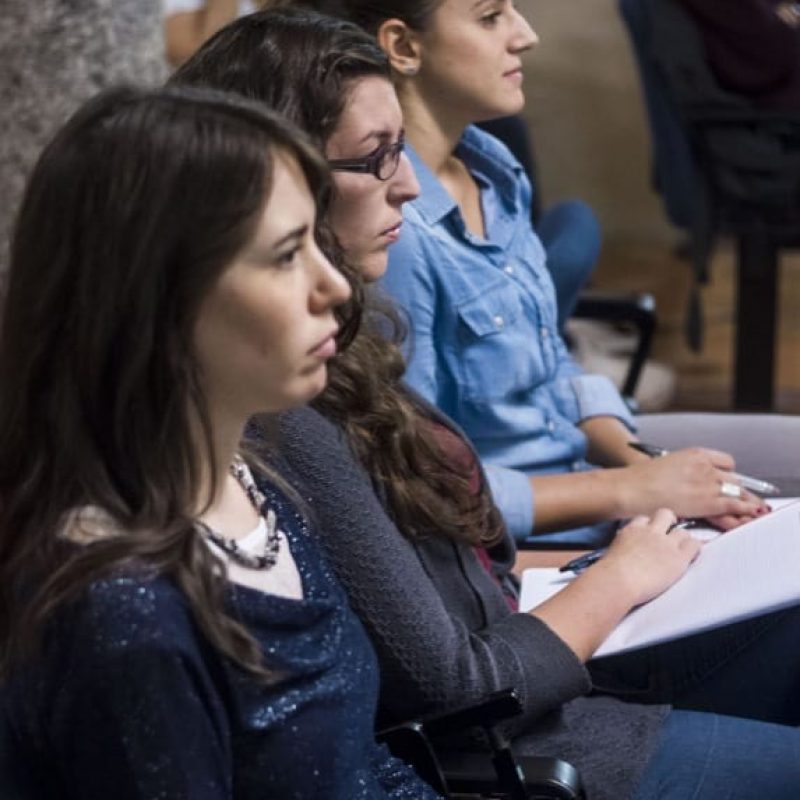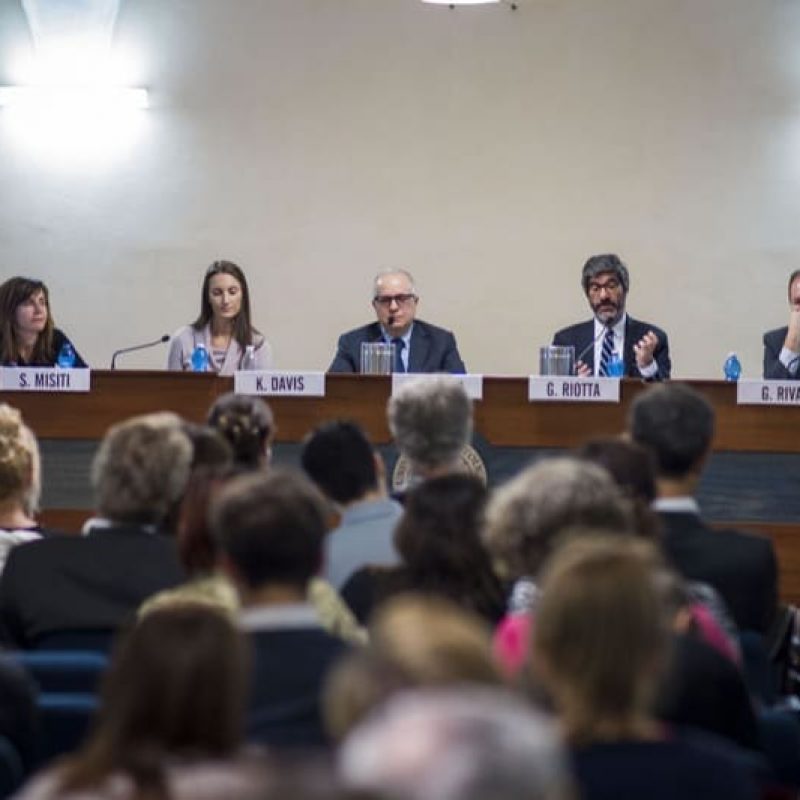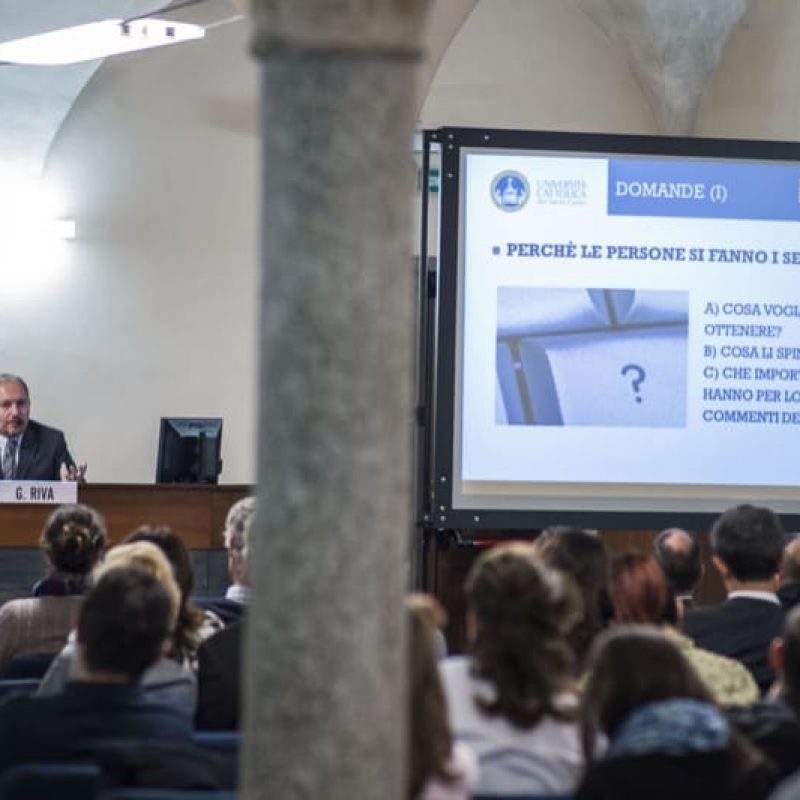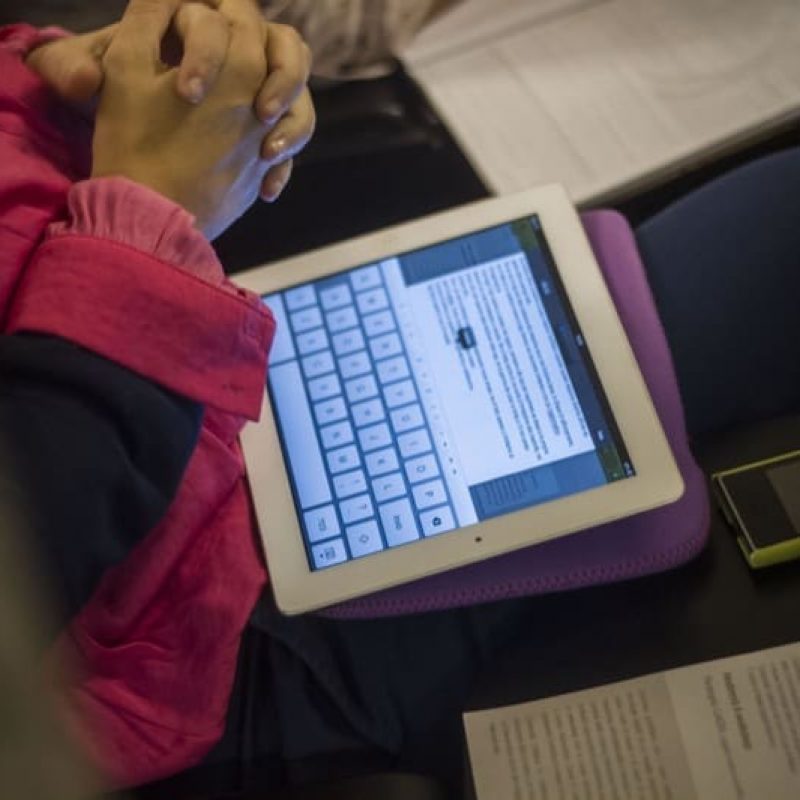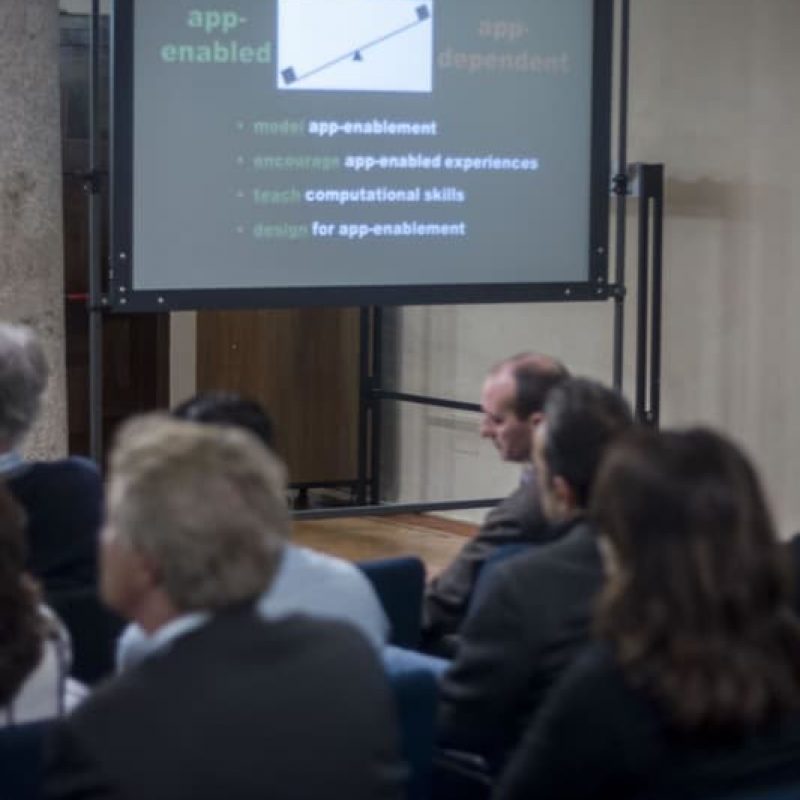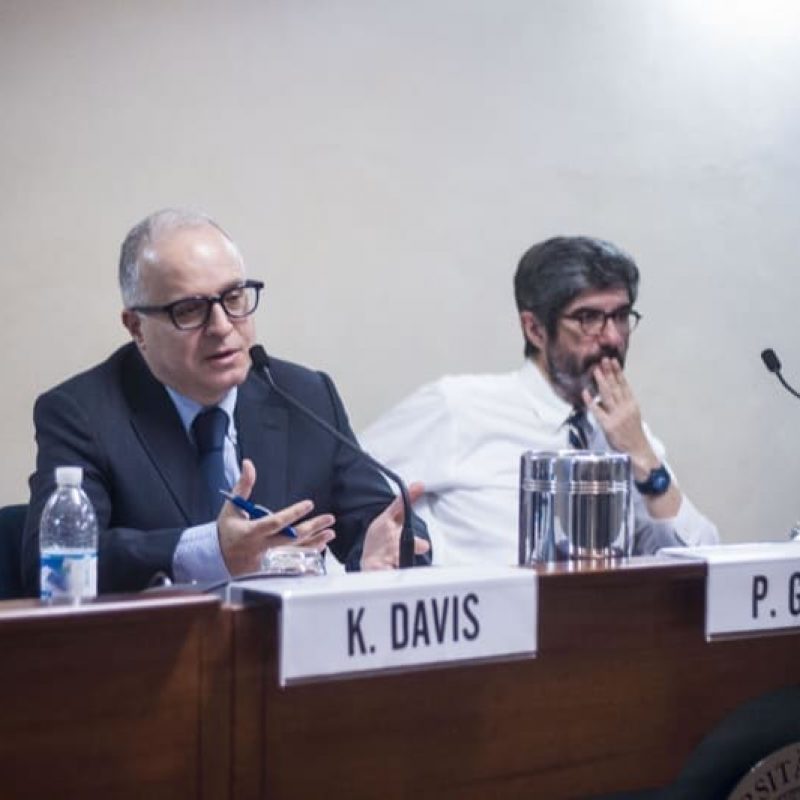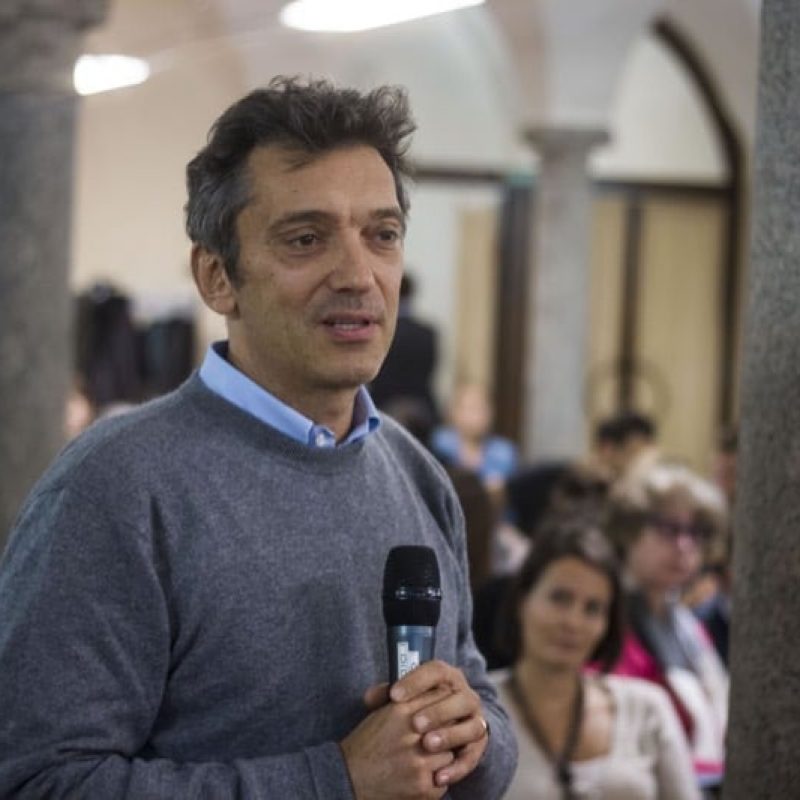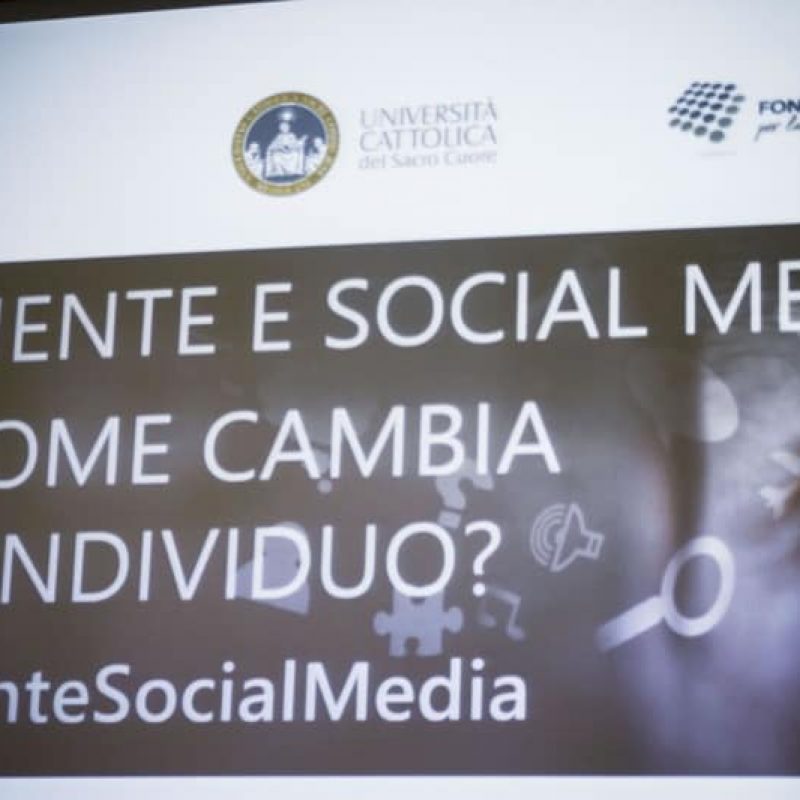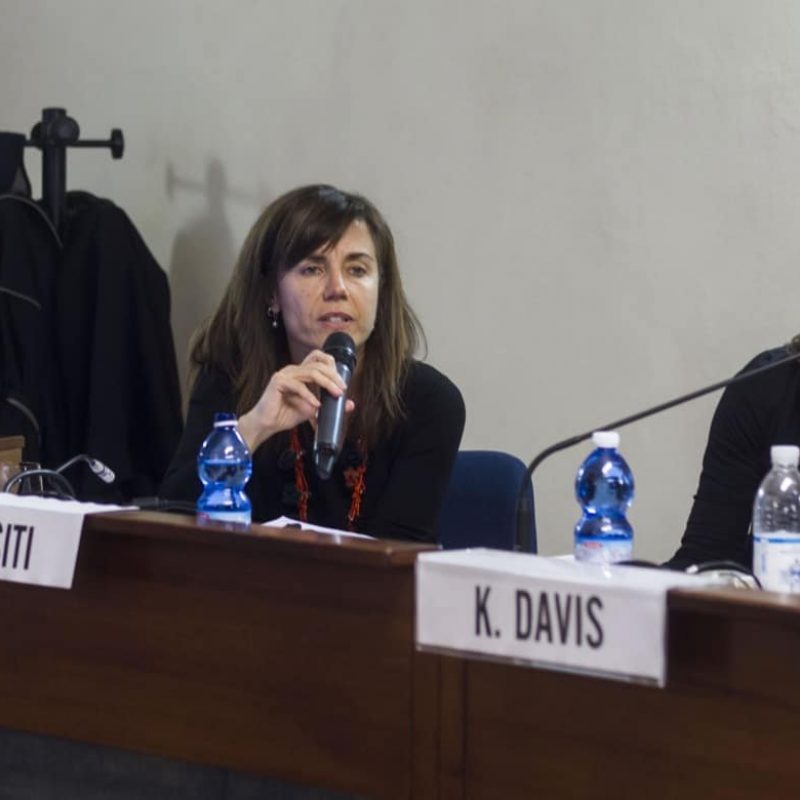Before an audience of some hundred people including students, researchers, new technologies buffs and ordinary people, Giuseppe Riva, Professor of Psychology of Communication, Psychology and New Communication Technologies, Cattolica del Sacro Cuore University, Milan, Italy, and author of the book Nativi Digitali (Il Mulino) (Digital Natives), underscored that the most prominent aspects in social media use are our emotional engagement and the expectations we have using them.
Together with his team Giuseppe Riva also conducted a research study supported by the IBSA Foundation on a viral phenomenon that involves our identity, the selfies.
The study involved 150 people (35% males and 65% females) with an average age of 32 years. Participants were asked to fill out a questionnaire with information about their personal details, use of social media, selfie taking and reasons for doing so, and also completed a final Big Five Inventory section for the determination of their personality traits.
The initial preliminary results from this study are worth of note.
With respect to the first question the study set out to answer it emerged that participants take selfies mostly with the intent to “amuse/make people laugh” (39%), “indulge their vanity” (30%) and “share a moment in their life” (21%). As to what drives them, results show they take selfies to communicate who they are with, where they are and what they are doing (exterior information) more than who they are or how they feel (identity, interior information).
With respect to the second question of the study, it came out that women take more selfies than men and are more driven by inner motives (“I take selfies to show who I am and how I feel”). Results also reveal that women more than men hope to get positive comments from their friends on social networks and fear negative comments. As to the last question the study set out answer, it emerged that three are the personality traits mostly associated with selfie takers. Compared to non-selfie takers, selfie takers are more extravert – i.e. more sociable and enthusiastic, with high social skills – and more conscientious, that is more caution and self-controlled with a tendency to plan rather than act impulsively. Those who score high on extraversion are more likely to take selfies to show how they feel”, while people scoring high on conscientiousness are not particularly interested in other people’s comments, either positive or negative. Finally, people scoring high on the third trait, neuroticism or emotional instability – which is typical of people with a tendency to experience negative emotions such as anger and sadness, and who often don’t trust others – are significantly more likely to fear getting negative comments.
Gianni Riotta, journalist and writer, was one of the other speakers at the meeting. Riotta uses the Internet and social media profusely, and authored among others the book Il web ci rende liberi? (Einaudi) (Does the web make us free?).
According to Riotta – who taught Communication at Princeton University and resides in New York – there are huge differences between the US and Europe when it comes to progress and technology in general. In the US, people are generally more open to change, trust technology and modernisation. Riotta thinks Italian society has been lagging, and Italians fear innovation, they use the internet, but not with the same searching attitude that people in other countries have. International and domestic studies have long shown that Italians have a predilection for social networks, especially FB which is preferred over Twitter except for young people who prefer Twitter and Whatsapp.
Another prominent speaker, Kate Davis, assistant professor at The University of Washington Information School, and author with Howard Gardner of “The App Generation: How Today’s Youth Navigate Identity, Intimacy, and Imagination in a Digital World” tackled a crucial question: what are the implications of growing up in a digital world on young people’s development? In her presentation, Davis explored the role of digital media in three crucial areas of adolescent life: identity, intimacy, and imagination. Drawing on an extensive and varied research program with colleagues at Harvard University, including interviews with young people, focus groups with individuals who work with youth, and a unique analysis of kid’s drawings and paintings before and after the digital revolution, she explored both the potentials and drawbacks of new media technologies for today’s young people. Using the metaphor of the “app” she spoke about those uses of technology that promote a strong sense of identity, encourage deep relationships, and stimulate creativity, and those that pose challenges to youth’s development, in the three crucial areas of identity, intimacy, and imagination.
Location
Università Cattolica of Milano
Date
October 24, 2014
Video
Search results
Video interviews
Photos




